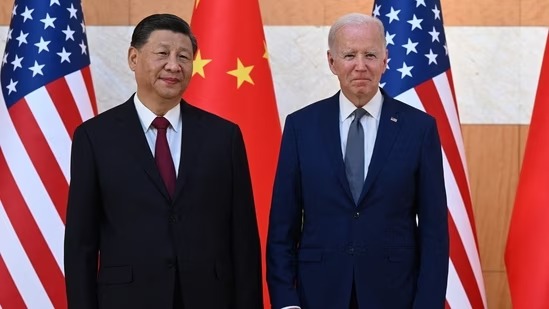All eyes are fixed on San Francisco as the bustling city prepares to host not only the 30th APEC Economic Leaders’ Meeting but also a crucial summit between Chinese President Xi Jinping and U.S. President Joe Biden. Against a backdrop of escalating global uncertainties, these diplomatic endeavors hold the promise of charting a course toward stability and cooperation in the Asia-Pacific region.
In a world grappling with mounting instability, the spotlight turns to the 21 APEC economies, a collective home to nearly 40% of the global population. As China’s President Xi Jinping gears up to address the APEC leaders, the expectations are high for comprehensive insights into China’s initiatives for regional peace and strategies for fostering a stable China-U.S. relationship.
The APEC leaders’ meeting, a coordination of geopolitical order in the Pacific Rim, is poised to delve into pivotal issues ranging from sustainability and digitalization to trade facilitation and health. This year’s discourse is expected to echo President Xi’s vision of an Asia-Pacific community with a shared future, emphasizing mutual trust, inclusiveness, and win-win cooperation.
Amidst the vibrant discussions on the Pacific Rim, the spotlight intensifies on the meeting between Presidents Xi Jinping and Joe Biden. While recent diplomatic engagements signal a thaw, structural contradictions linger. The principles of mutual respect, peaceful coexistence, and win-win cooperation, proposed by President Xi, provide a framework for dialogue. Yet, challenges persist as the two nations grapple with divergent perspectives on China’s rise and ongoing actions against Chinese entities.
As the leaders of the world’s two largest economies converge in San Francisco, the outcomes of these meetings will undoubtedly shape the trajectory of Asia-Pacific cooperation and influence the broader global landscape.
















